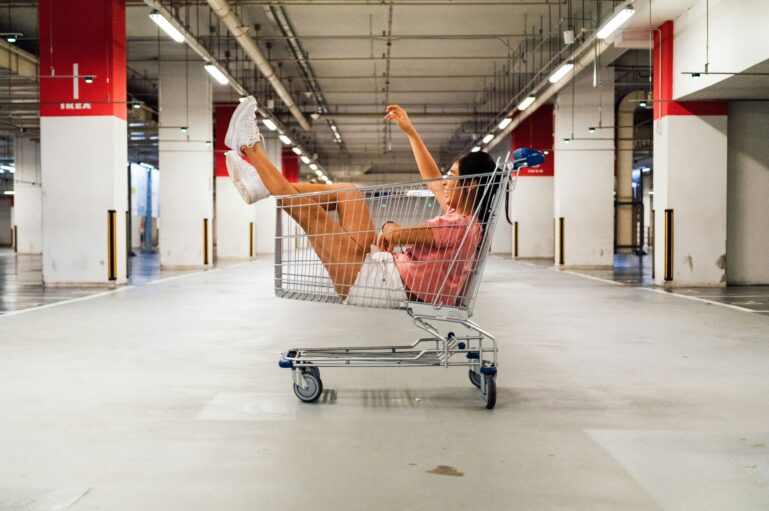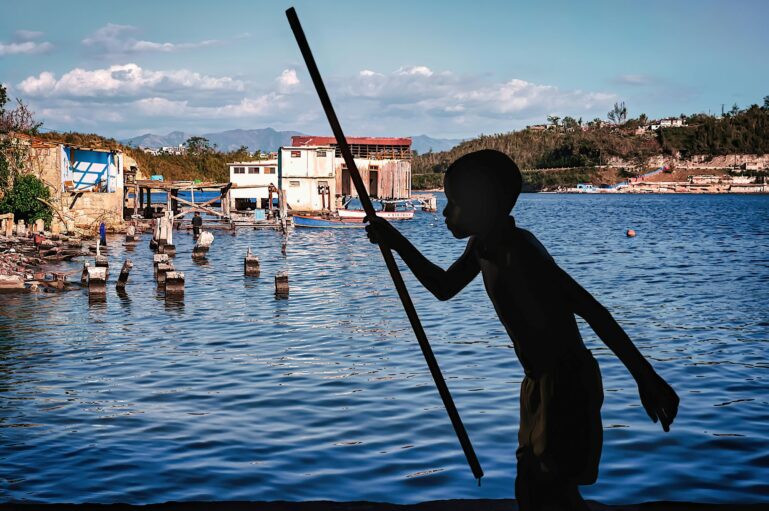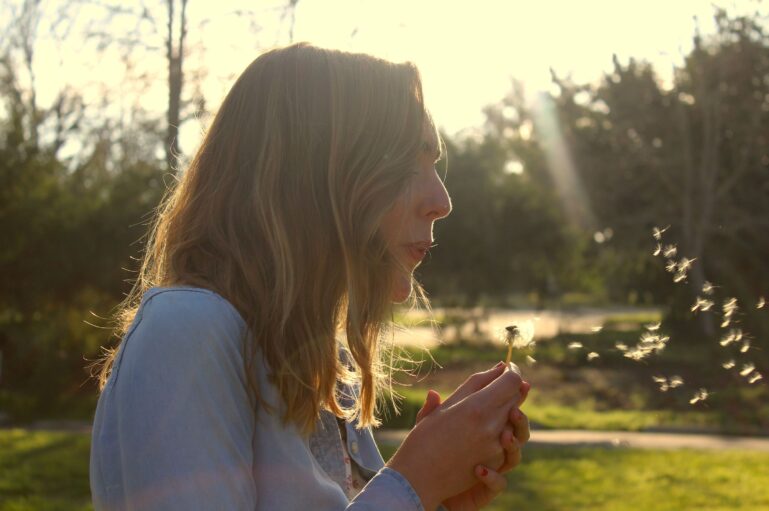“I wish it need not have happened in my time,” said Frodo. ”So do I,” said Gandalf, “and so do all who live to see such times. But that is not for them to decide. All we have to decide is what to do with the time that is given us” (J R R Tolkien)
Hardship, tribulation and extremely difficult circumstances are experiences that are not uncommon to being human – we were born into them, we are being led into them, we will all face them. To be human indeed means that we will all probably face the gamut of the best and the worst experiences that life has to offer – ecstasy, fun, sadness and pain. Life is such that you can’t manufacture with absolute certainty what tomorrow will bring, thus nor truly blame others for one’s lot in life. Life’s platter has its fair share of bitter-tasting “delicacies”!
As the current COVID-19 pandemic extends its many tentacles around the world in an attempt to strangle life and the means to live out of people everywhere, my thoughts have repeatedly turned to Gandalf’s wisdom (perhaps an echo of God’s wisdom) when speaking to Frodo in Tolkien’s “Lord of the Rings” – Frodo was asking the question that all seem to ask in really tough times: “Why did this thing come to be in my lifetime? Why has this fallen on my shoulders? Why do I have to deal with this now?” Gandalf answers calmly, but definitively: “But that is not for (you) to decide. All we have to decide is what to do with the time that is given us”. In other words, Gandalf suggests that we can’t manufacture our circumstances with certainty, but we do have control over our respective responses.
Frodo was fighting for survival in Tolkien’s fantasy – he couldn’t outsource the mission by employing courier services to take the rings for him; he couldn’t use guarded cash-in-transit vans to deliver the package. He, himself, had to face all the terrors along the journey and in faith deliver on the mission, whilst hopefully coming through comparatively unscathed. Like all plots in mythology (according to John Eldredge, Waking the Dead), there are three major tenets that make the story meaningful:
- Things are not what they seem – there’s a whole lot more going on out there than meets the eye
- A battle is underway – there is a great struggle out there and life, itself, may be hanging in the balance
- We have a crucial role to play – even though our life may be seemingly mundane and we may feel like a nobody, we have an extraordinary responsibility to play our part well
During this battle with the pandemic, as COVID-19 seeks to kill, destroy and plunder our resources, many have looked to governments to solve the problems that we all face – resolving unemployment issues, providing healthcare, restoring economies, etc. Whilst governments certainly have really important roles to play, they alone should not be allocated the full responsibility to restore life as we knew it. We all have a role to play in the drama that is unfolding – to find conclusion, the drama needs your resourcefulness, your creativity, your resilience, your wisdom and your guts.
This is a fight for survival – remember, however, that governments don’t grow countries – governments hopefully create conducive environments where citizens play their own parts in contributing to the country’s stability and growth. Things are not what they seem (no-one could have predicted the pandemic towards the end of 2019); a battle is underway (life, itself, for many is hanging in the balance); we have a crucial role to play (we have an extraordinary responsibility to play our part well – by connecting, caring, communicating and using our creativity appropriately).
I, too, wish that the pandemic had not happened in my time, as I am sure that all who live in these troubled times feel similarly, but maybe that’s why we have been born – for a time like this! The answer lies in our own hands – the solution will be realised as we decide what to do with the time that has been given to each one of us.










